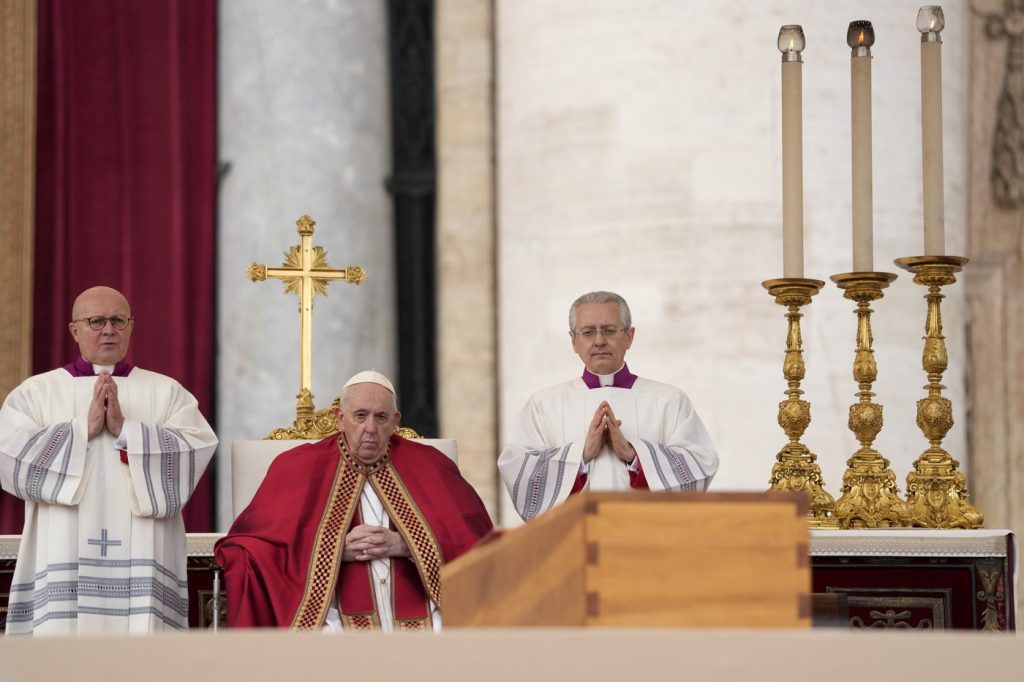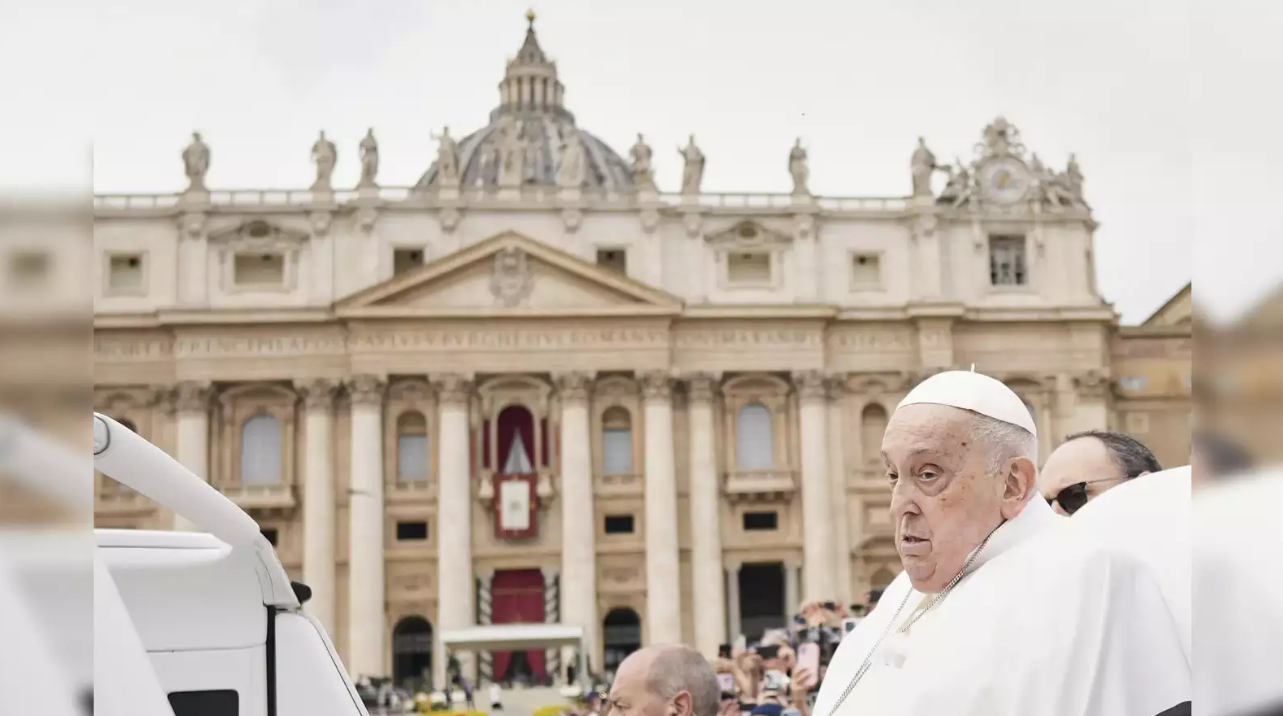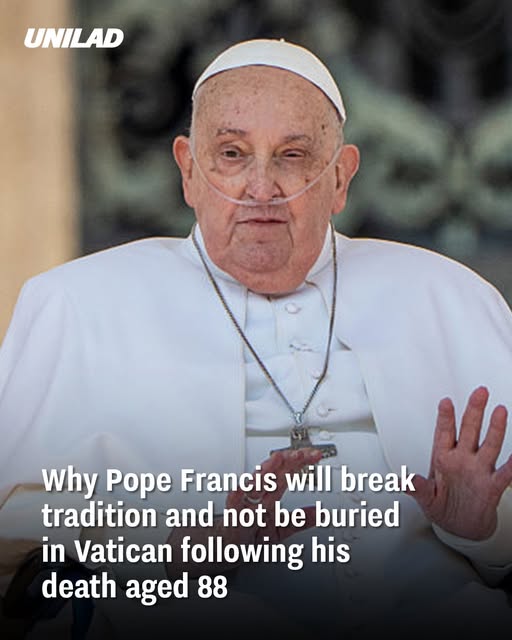Pope Francis, born Jorge Mario Bergoglio, passed away on April 21, 2025, at the age of 88. His death marks the end of a transformative papacy that began in 2013. The Vatican confirmed his passing at 7:35 a.m. local time, following complications from double pneumonia and chronic bronchitis. As the first pope from the Americas and the first Jesuit to hold the role, Pope Francis reshaped the image of the Catholic Church during his 12-year pontificate.
Early Life and Papal Ascent
Born in Buenos Aires, Argentina, Pope Francis was raised in a working-class family of Italian descent. He studied chemistry before joining the Society of Jesus in 1958. Known for his intellectual rigor and humility, he rose through church ranks to become Archbishop of Buenos Aires and a cardinal in 2001. His election as pope in March 2013 followed the unexpected resignation of Pope Benedict XVI. Francis immediately set a different tone—rejecting opulence, embracing modesty, and championing the poor.

Health Challenges and Final Days
In recent years, Pope Francis faced a series of health issues, including sciatica, colon surgery in 2021, and respiratory complications. In February 2025, he was hospitalized in Rome’s Gemelli Hospital due to a respiratory infection that worsened into double pneumonia. Despite intensive care, his condition continued to decline. He made his final public appearance on Easter Sunday, April 20, 2025, delivering a brief “Urbi et Orbi” message from the balcony of St. Peter’s Basilica. Though visibly weakened, he maintained his characteristic warmth and humility.
Legacy and Reforms
Pope Francis will be remembered for ushering in a more open and inclusive Church. He consistently emphasized mercy over judgment, famously saying, “Who am I to judge?” in reference to gay Catholics. Under his leadership, the Vatican took unprecedented steps toward environmental stewardship with the 2015 encyclical Laudato Si’, which called for urgent action on climate change. He also appointed more women to influential Vatican roles than any of his predecessors and supported discussions around married priests and same-sex civil unions. Moreover, he was vocal about social justice, poverty, and migration. His travels often took him to the world’s most troubled regions, where he met refugees, prayed with victims of violence, and called for peace. He frequently criticized economic inequality and the arms trade, challenging world leaders to prioritize human dignity over profit and power.
Global Mourning and Tributes
Reactions to Pope Francis’s death poured in from across the globe. U.S. Vice President J.D. Vance, who had recently visited the Vatican, expressed his condolences, calling the Pope “a man of profound spiritual wisdom and grace.” European leaders, including Italian President Sergio Mattarella, lauded his commitment to peace and dialogue. In Argentina, his homeland, citizens gathered in churches and public squares to honor the first Latin American pope. In Italy, the impact of his death was profound, leading to the postponement of several Serie A football matches. Clubs like AS Roma and Lazio FC paid heartfelt tributes, emphasizing his influence beyond religious circles.

Reflections from Argentina
Despite his global travels, Pope Francis never returned to his native Argentina after becoming pope. This absence was felt deeply by many Argentines, who had hoped for a papal visit. Analysts suggest his decision was to avoid political entanglements in his homeland.
Conclusion
Pope Francis’s papacy was marked by humility, progressive reforms, and a commitment to inclusivity. His leadership brought significant changes to the Catholic Church, making it more accessible and compassionate. As the world mourns his loss, his legacy continues to inspire millions.

















